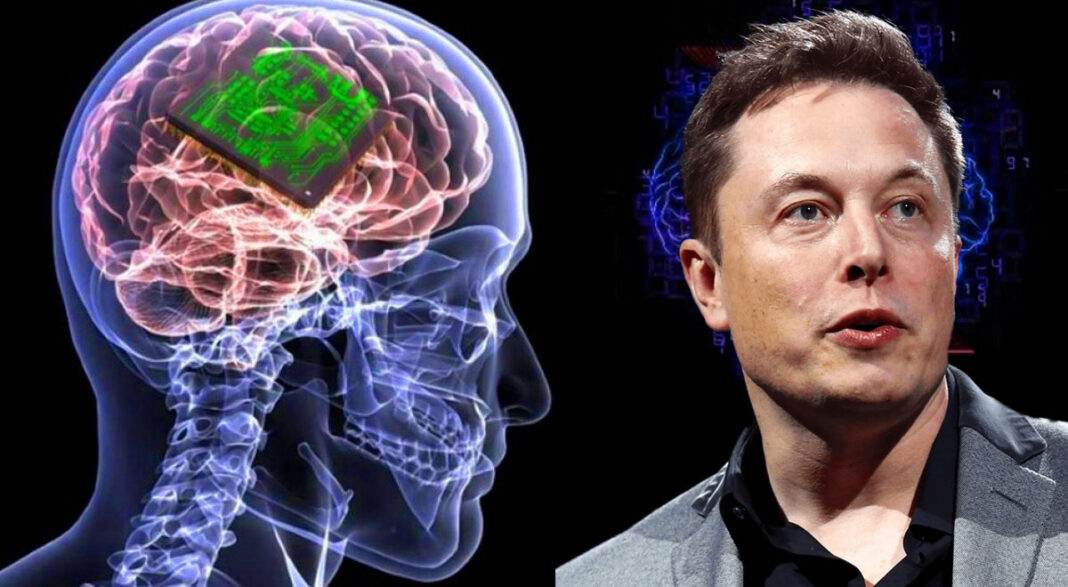A seismic shift occurred in the realm of neurotechnology when Elon Musk’s Neuralink won US FDA approval for human testing of its innovative brain chip. However, this victory only highlighted a myriad of ethical, technical, and philosophical debates about the future of human consciousness and control.
FDA Approval: A Step Forward, but not Without Controversy
The U.S. Food and Drug Administration (FDA) recently granted approval to Neuralink, Elon Musk’s brain-chip firm, to conduct its inaugural tests on humans. This is a milestone for the company, an audacious bet to bridge the gap between human brains and computers, aiming to restore vision, mobility, and enhance interaction with digital devices for people with specific disabilities.
Despite the success of this “important first step,” Neuralink’s path to FDA approval has been far from straightforward. An initial application was rejected over safety concerns, leading to speculation about the methods Musk employed to sway the FDA towards a more favorable second review. This controversial twist underscores the intersection of ambition, technology, and regulation in the brave new world of neurotechnology.
Viral Content: Brace Yourselves… A Storm is Coming! You Just Have to Know Where to Look!
Neuralink: From Vision to Reality
Since its inception in 2016, Neuralink has repeatedly overpromised and underdelivered, pushing back its plans to implant chips in human brains. But, even with this latest approval, it doesn’t plan to start recruiting participants immediately. The company appears to be balancing the urge to make headway with a commitment to “safety, accessibility, and reliability” – qualities it insists are integral to its engineering process.
Musk has been vocal about his belief that Neuralink’s technology could alleviate concerns about humans being outpaced by AI. This echoes his reputation as a transhumanism pioneer, an advocate for augmenting human capabilities using technology. While he assures that Neuralink’s brain chips will help “address brain injuries or spinal injuries,” skeptics worry about the broader implications.
Critics argue that Musk’s claims often contradict his actions. On one hand, he warns against the unchecked rise of artificial intelligence. On the other hand, he promotes a future of humans living in “symbiosis with artificial intelligence” via Neuralink. This paradox has led many to question his true motivations.
Also Read: Artificial Intelligence May Herald the Downfall of Humanity: A Grave Warning from Tech Experts
The Globalist Agenda and the Future of Human Control
Beyond the initial appeal of restored mobility and sight, there’s a darker side to this narrative that shouldn’t be ignored. As Neuralink aims to mainstream transhumanism, some critics fear that the drive to merge humans with machines may be driven by profit rather than altruism.
One commenter recently mused, “If these are implanted at birth, then the government will have complete and total control over people’s minds.” This sentiment taps into a pervasive anxiety about the potential for mind control under the guise of technological advancement.
The Ethical Conundrum and Public Scrutiny
Neuralink has not been immune to scrutiny. The firm has previously come under investigation for alleged animal welfare violations in its work, which further intensified the public debate on ethics. Despite these allegations, Neuralink continues to march forward, asserting the viability and necessity of its technology.
In conclusion, Neuralink’s journey to human trials is more than a tale of technological triumph. It’s a prism through which we can examine our collective anxieties about the merging of man and machine, our desire for control, and the fundamental question of what it means to be human in an increasingly digitized world.
In this era of rapid technological change, one thing is clear: the story of Neuralink is far from over. As we move forward, we must continually reassess our relationship with technology and confront the hard ethical questions it poses. As an anonymous commenter poignantly warned, “People who speak the truth tend to disappear.”





